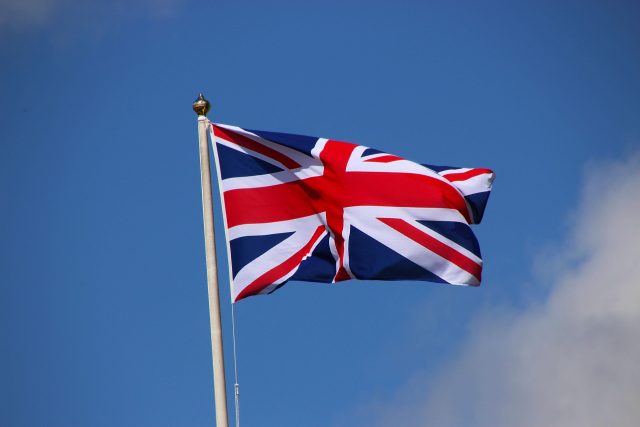
After Brexit, London is getting closer to Europe. Starmer: “It’s not a step backwards, it’s common sense”
It’s official: the European Union and the United Kingdom are turning the page after years of post-Brexit tensions. The 27 EU member states have given the final green light to the new strategic partnership agreement with London, which covers security, defence, trade, energy, fisheries and youth mobility. This is the first concrete step towards a rapprochement between the two sides of the Channel, an agreement defined by many analysts as the most significant “reset” of Euro-British relations since 2016.
The approval took place through a written procedure, following the agreement reached in Coreper, the Committee of Permanent Representatives of the Member States. The negotiations continued until a few hours before the EU-UK summit held this morning in London. On the table, not only symbolic issues, but concrete issues, with immediate repercussions on businesses, citizens and continental security policies. The most strategic chapter of the agreement concerns common security and defense. London, which after Brexit had lost its formal role in European tables, now proposes itself as a central partner of continental security policy. In exchange, it will be able to access the EU rearmament fund (SAFE), a 150 billion euro package aimed at strengthening European defence capabilities in an increasingly unstable geopolitical context. A six-monthly calendar of meetings is planned between the EU High Representative for Foreign Policy and the British Foreign and Defense Ministers. London will also be able to participate in certain European Foreign and Defence Councils and collaborate in joint civil and military operations. A return in practice, if not in form, to high-level institutional collaboration. On the trade front, the new pact aims to overcome the rigidities that emerged after the United Kingdom’s exit from the EU. The agreement in the agri-food sector is particularly significant, with the reduction of phytosanitary barriers and the simplification of customs procedures. An important step to counter the 21% drop in exports and 7% in imports recorded after Brexit.
Fishing, a hotbed of conflict in recent years, now finds a lasting compromise: the EU will be able to continue to access British waters until 2038, thus avoiding a return to often tense and uncertain annual negotiations. This ensures greater stability for both European and British fishermen, with concrete benefits for entire coastal communities on both sides of the English Channel. In the energy sector, the agreement introduces a link between the London and Brussels emissions trading systems. The objective is twofold: to strengthen continental energy security and to protect British companies from the future European “carbon tax”, scheduled for 2026. This alignment will avoid competitive disparities and, according to experts, will stimulate investments in renewable energy and clean technologies.
Among the more concrete measures for citizens, we note the extension of the use of e-gates, electronic passport controls, by British travellers entering Europe. This will make airport transits quicker and more streamlined. In addition, a special “passport” for pets will be introduced, making it easier for dogs and cats to travel without the need for repeated health certificates, one of the difficulties most hated by British citizens post-Brexit.
Also on the youth level, new forms of mobility are expected for students and workers under 30, with a view to strengthening cultural and professional exchanges between the new generations. British Prime Minister Keir Starmer was keen to clarify that this agreement does not represent a “step backwards” with respect to Brexit, but a pragmatic and necessary action. “This is a balanced agreement, which reduces bills, creates jobs and maintains border control,” he declared. Starmer stressed the importance of “turning the page” and “looking forward”, leaving behind the conflicts and ideological debates that have marked the years following the referendum. “It is a common sense agreement,” he reiterated, “that serves to improve the lives of ordinary people, to strengthen our economy and to reaffirm our role in the world according to the great British tradition.” On the European side, Commission President Ursula von der Leyen welcomed the agreement, calling it “a new chapter” in relations between the EU and the United Kingdom. “This pact concerns millions of people and millions of friendships,” she said, stressing how the agreement represents an opportunity for cultural, political and economic reconnection. The new agreement between the European Union and the United Kingdom is not a return to the past, but an evolution of bilateral relations that takes into account the challenges of the present. Brexit has redefined borders and relationships, but has not erased the geography, history and interdependence between London and Brussels. Today, with an agreement that balances sovereignty and collaboration, the foundations are being laid for a new partnership model: more flexible, more concrete and closer to the real needs of citizens and businesses. After years of conflict and uncertainty, dialogue is back in the spotlight. And, for the first time in a long time, the future appears shared.



 Subscribe
Subscribe